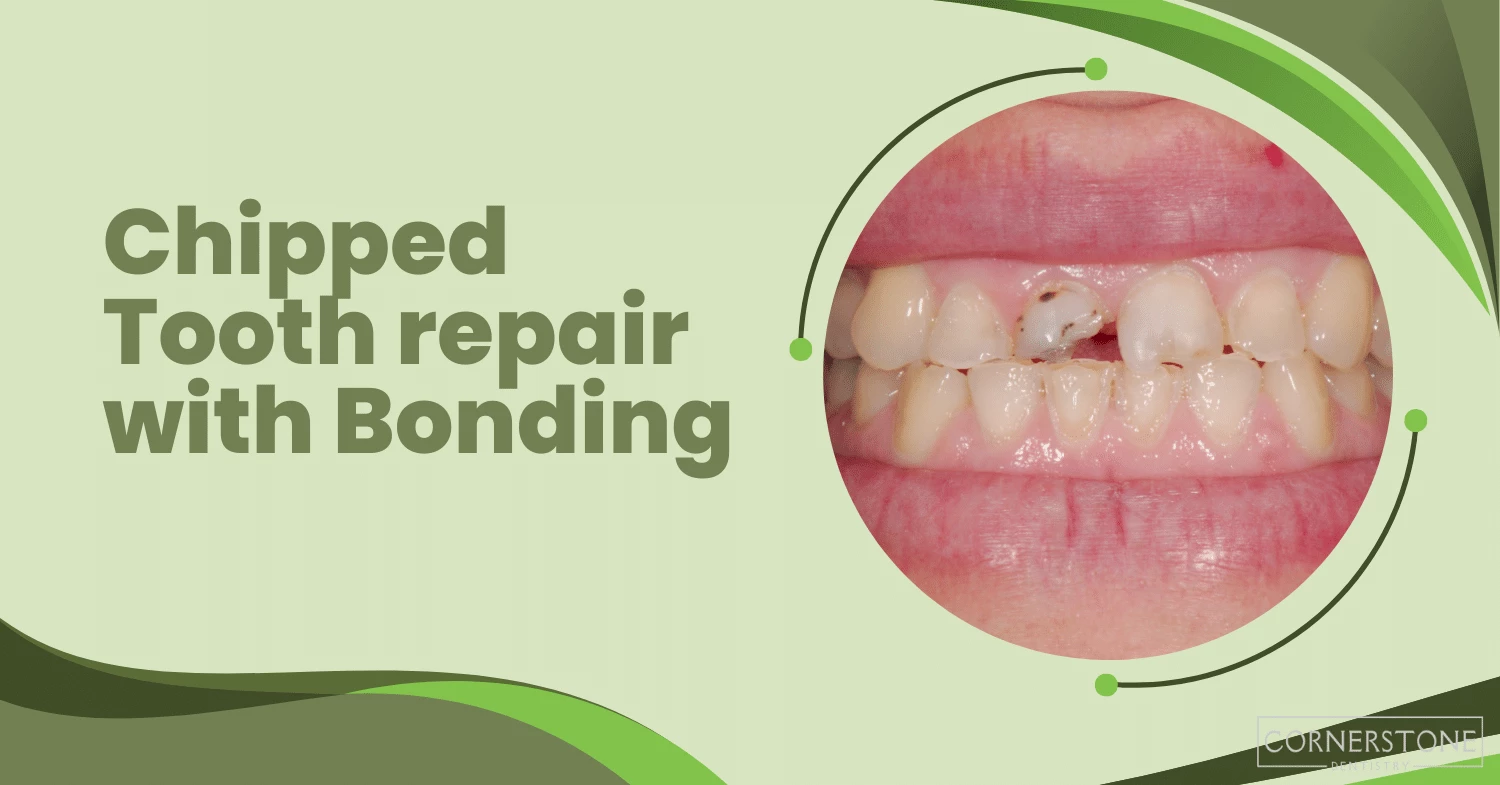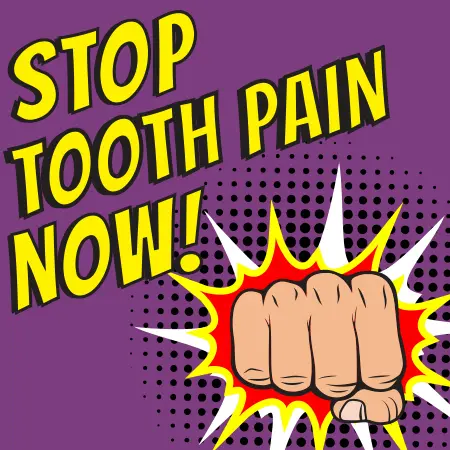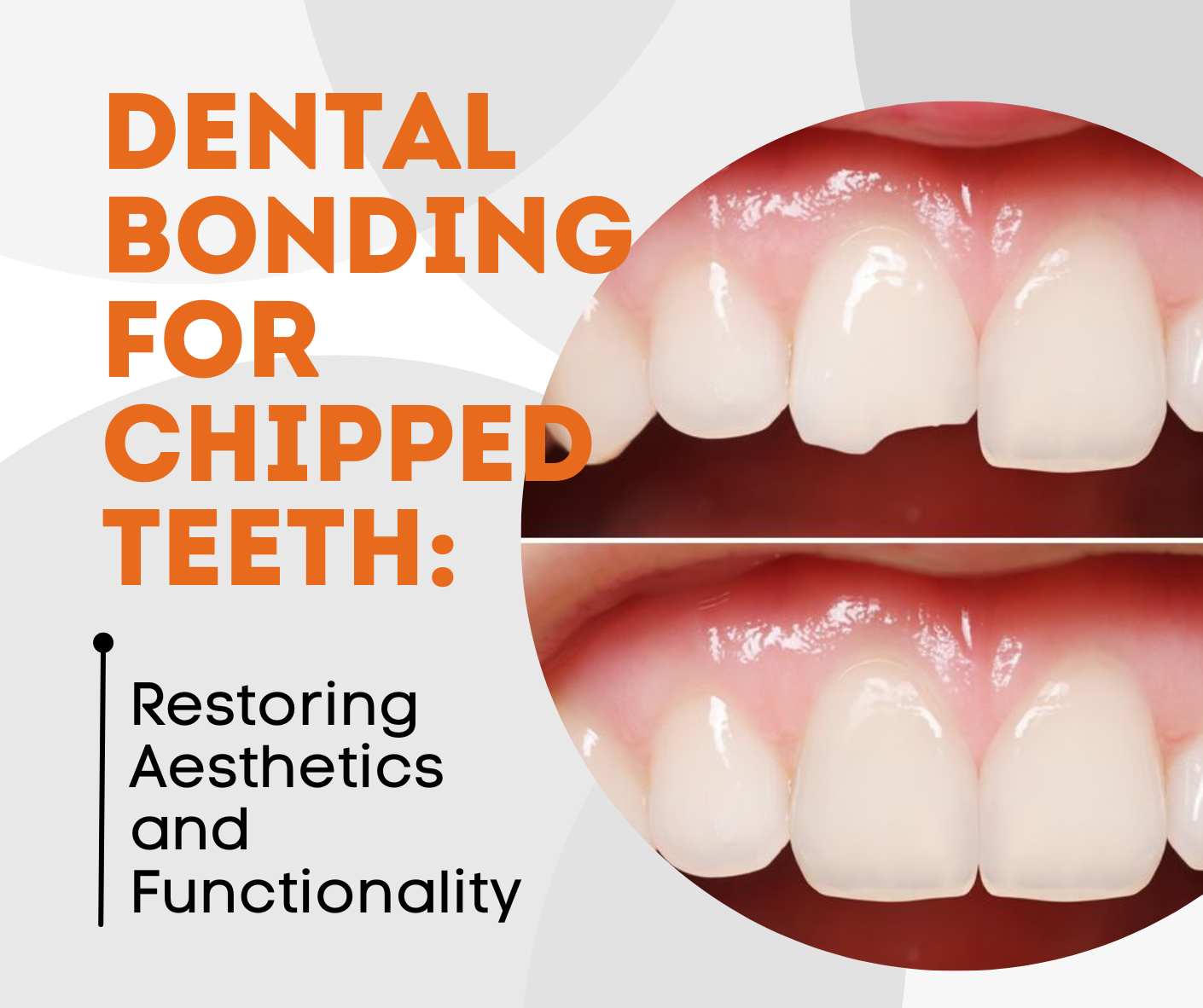The dental exam is a key part of maintaining healthy teeth and gums. Your dentist will look for symptoms of disease or decay in your mouth during the exam. We may also take X-rays to look for cavities or other issues beneath the surface. Your dentist can use this information to advise on keeping your teeth and gums in top condition.
It would be best to visit your dentist at least once a year for an exam and professional cleaning. Regular cleanings help remove plaque and tartar accumulation, the likes of which might lead to caries and gum disease if not treated. Your dentist may also advise how to maintain a healthy mouth by enhancing your current oral care regimen between visits.
Along with the standard checkup and cleaning, your dentist can provide other treatments, such as fillings or root canals. If you have any discomfort in your mouth, it is important to see a dentist immediately. Ignoring any issues could lead to more serious problems down the road.




Your Oral Health Matters!
Your oral health is just as important as the rest of your body and can even be linked to issues such as heart disease and diabetes. It would be best if you took the time to visit your dentist regularly to ensure that your teeth and gums stay in top shape.
Visiting the dentist at least once a year for an exam is recommended for optimal oral health. Cornerstone Dentistry may help you avoid future dental problems and maintain healthy teeth and gums. After all, maintaining good oral health is a wise financial move.
You might be curious about the format of a typical test. See the Cornerstone Dentistry dentist to check for signs of gum disease and tooth decay X-rays may be used better to examine the inner workings of your teeth and gums. Your dentist will then do a thorough cleaning and provide tips on maintaining good dental care at home. It may also suggest other procedures or items that can aid in preserving your dental health.
Overall, regular dental exams are an essential part of maintaining good oral health. Regular visits to your dentist will help you keep your teeth and gums healthy and prevent any potential problems in the future. So take your time – visit your dentist regularly!
What To Expect For My New Patient Appointment
As a new patient, your first appointment allows the healthcare provider to gather important information about your medical history, assess your current health status, and establish a foundation for ongoing care.
While specific procedures may vary depending on the healthcare setting and your individual needs, here are some general expectations for a new patient appointment:
- Paperwork and Documentation: You may be required to complete new patient forms, providing personal information, medical history, and insurance details. It’s a good idea to arrive a few minutes early to allow ample time for this process.
- Medical History Review: The healthcare provider will review the information you provided on the forms, asking further questions to understand your medical background comprehensively. They may inquire about past illnesses, surgeries, medications, allergies, and family medical history.
- Vital Signs Assessment: A nurse or medical assistant will likely measure your vital signs, including checking your blood pressure, heart rate, respiratory rate, and temperature. These measurements provide important baseline data for your healthcare provider.
- Physical Examination: The healthcare provider will conduct a physical examination, which may involve examining different body systems based on your symptoms or concerns. They may listen to your heart and lungs, examine your abdomen, check your reflexes, and perform other appropriate assessments.
- Discussion of Concerns: This is an opportunity to discuss any current health issues, symptoms, or concerns. Be prepared to provide details about your symptoms, including when they started, their frequency and intensity, and any factors that worsen or alleviate them.
- Diagnostic Tests or Referrals: Based on your medical history, physical examination, and symptoms, your healthcare provider may recommend diagnostic procedures like blood testing, imaging studies, or specialized consultations to gather more information and make an accurate diagnosis.
- Treatment Plan: After gathering all the necessary information, a treatment strategy devised by your doctor tailored to your needs. They may prescribe medications, suggest lifestyle modifications, recommend further investigations, or refer you to other specialists if necessary.
- Education and Follow-up: Your healthcare provider will likely provide information about your condition, answer your questions, and offer guidance on managing your health. They may schedule follow-up appointments to monitor your progress, adjust treatment if needed, or provide ongoing care.
Remember that your first visit will likely look different depending on the doctor you see, the nature of your illness, and the reason for your appointment. If you haven’t been to Cornerstone Dentistry before, it’s a good idea to phone and find out if there are any special instructions or things you need to do to get ready for your appointment.
Oral Cancer Screening
During a new patient appointment, it is common for healthcare providers, especially dentists, to conduct as part of a more extensive checkup, a test for oral cancer.
Screening for oral cancer can be done quickly and non-invasive procedure to detect signs or symptoms of oral cancer or precancerous conditions.
Here’s what you can expect during an oral cancer screening:
- Visual Examination: The healthcare provider will start by visually inspecting your face, neck, lips, and inside your mouth. They will look for any abnormalities, such as sores, discolorations, lumps, or swelling.
- Physical Examination: The provider may use gloved hands to feel the tissues in your mouth, cheeks, gums, tongue, and throat. They will check for any irregularities or changes in texture or size.
- Examination Tools: Sometimes, the healthcare provider may use additional tools to assist the examination. These may include tongue depressors, lights, mirrors, or specialized instruments to view the oral tissues better.
- Patient History: The healthcare provider will ask you questions about your medical history, including any risk factors or symptoms that may be associated with oral cancer. This helps in assessing your overall risk and identifying any specific concerns.
- Education and Awareness: The provider may take the opportunity to educate you about oral cancer, its risk factors, and the importance of regular self-examinations. They may also guide lifestyle habits that can reduce the risk, such as quitting smoking or limiting alcohol consumption.
- Referral or Follow-up: If the healthcare provider notices any suspicious areas or if you have any concerning symptoms, they may recommend further evaluation or oral and maxillofacial surgeon, to whom you should be sent. or an oncologist, for further assessment or biopsy.
It’s important to note that oral cancer screening is a preventive measure and does not provide a definitive diagnosis. If you have any specific concerns about oral cancer or notice any persistent oral symptoms, it’s recommended that you talk to a doctor about evaluating your condition thoroughly.
At Cornerstone Dentistry, we take your oral health sincerely, and always aim to deliver the best possible treatment. The goal of our preventive dental care services is to keep your mouth healthy and help you maintain good oral hygiene habits.
We offer comprehensive oral cancer screenings as part of our routine dental exams and will gladly answer your questions about symptoms or risk factors associated with the disease. Additionally, we can provide lifestyle guidance and tips to help you reduce your risk of developing oral cancer.
Contact us today to schedule an appointment and learn more about our preventive services.

Proudly serving patients from Anderson, Seneca , Clemson, Powdersville, Greenville, Easley, Greenwood, and beyond!
If you have any questions or would like to schedule an appointment with your Anderson dental team, give us a call at (864) 222-9001or request an appointment online! We look forward to hearing from you!





